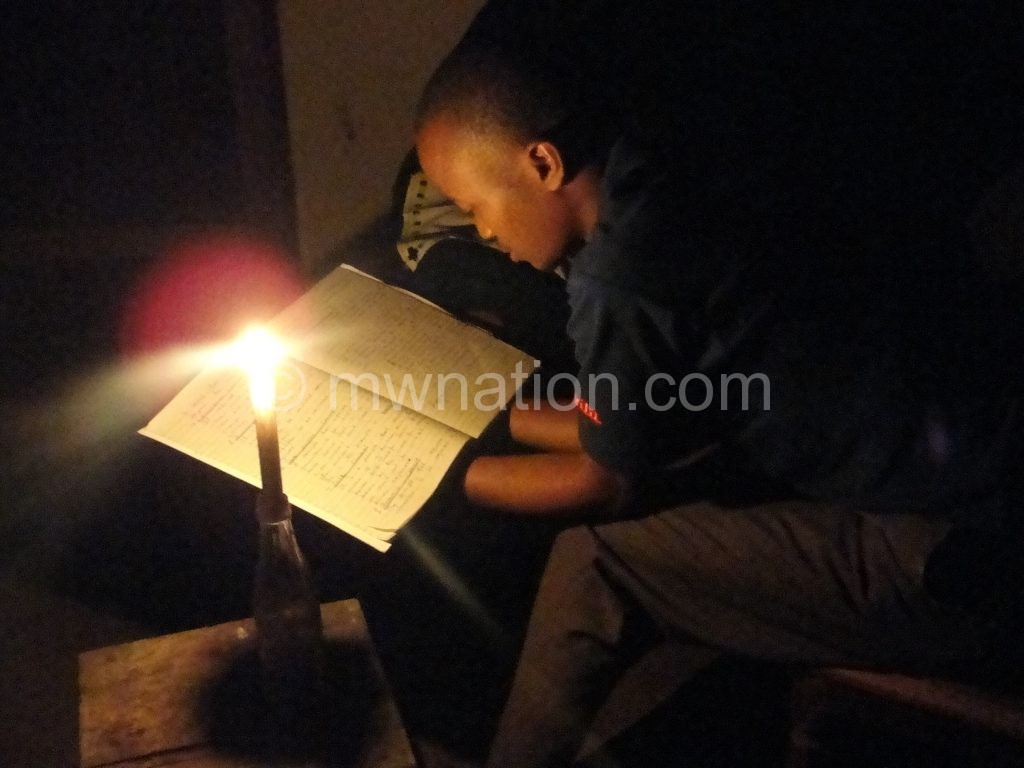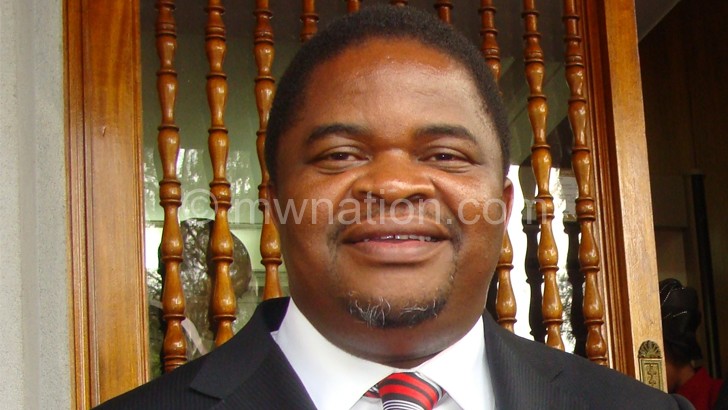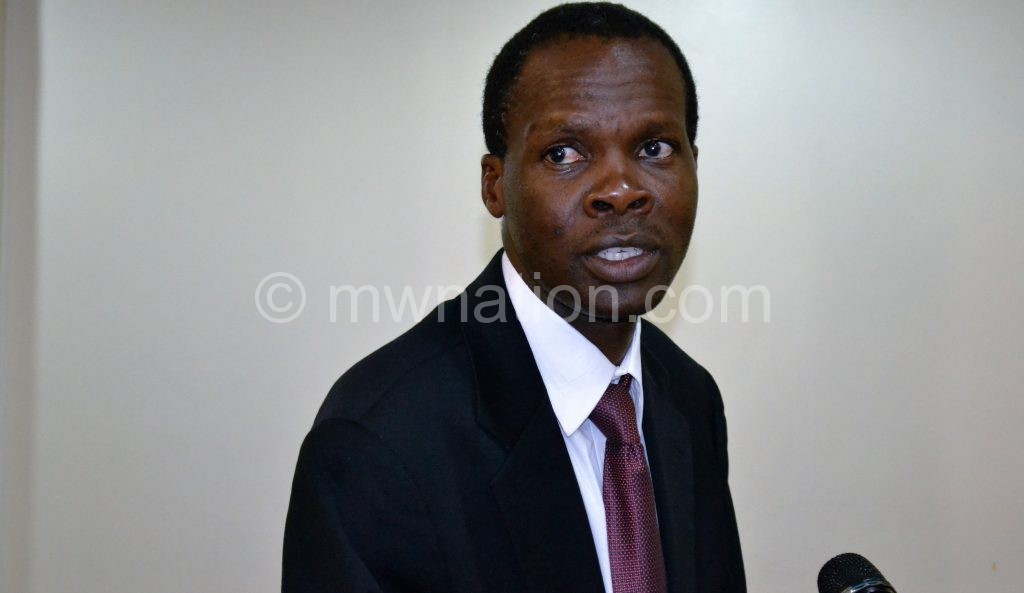Govt dangles tax incentives to IPPs
Ministry of Finance, Economic Planning and Development has offered independent power producers (IPPs) tax incentives in a bid to ensure that electricity tariffs remain within manageable levels.
Treasury spokesperson Nations Msowoya said in an interview on Tuesday tax incentives to IPPs include 15 percent corporate tax rate over a 10-year period and duty-free status for all generation and transmission equipment.

He said: “All capital equipment for generation and transmission is duty-free. Plus, corporate tax of less than 15 percent for a period of 10 years when they are in operation. Normal rate for corporate tax is 30 percent.”
The incentives come against a background of concerns from consumers and other industry players who expressed fear that IPPs could push up the cost of electricity in the country.
Currently, Electricity Supply Corporation of Malawi (Escom) charges K57.72 (about seven cents) per kilowatt hour (kwh).
However, earlier projections indicated that Escom could be buying power from some IPPs at 12 cents (about K87.60) per kwh and sell the same to consumers at 20 cents or equivalent to K146.

Msowoya was commenting on measures to ensure that tariffs remain competitive and that consumers are protected from exploitation.
Under the arrangement that follows review of energy laws to allow IPPs feed into the national grid managed by Electricity Supply Corporation of Malawi (Escom), 30 IPPs—which have since signed memoranda of understanding (MoUs) with Ministry of Natural Resources, Energy and Mining—are expected to provide at least 100 megawatts (MW) to the national grid.
The MoUs, finalised almost a week ago, are expected to allow use of a variety of power generation modes, including coal, solar, heavy fuel oil (HFO), hydro-kinetic energy and geo thermal power. Escom largely uses hydro-electric power.
Minister of Natural Resources, Energy and Mining Bright Msaka confirmed the conclusion of MoU deals and said evaluation was based on tariff, speed of implementation and reliability of the producers’ equipment and generation are expected to help reduce electricity tariffs.

Currently, Malawians are experiencing unprecedented power rationing which has seen some electricity consumers having as short as four hours of electricity per day.
Escom has cited low water levels in Lake Malawi and its sole outlet, Shire River, home to 90 percent of Escom’s hydro-electric power plants, as contributing to the situation.
Malawi Confederation of Chambers of Commerce and Industry (MCCCI) has since complained that the load shedding has reduced companies output to between 40 and 80 percent.
Escom announced in August that water flow in Shire River is only allowing it to produce 200 megawatts (MW) against a maximum generation capacity of 351.75MW topped up by 10MW diesel-powered plant installed in Lilongwe. Thus, the power utility has had to extend load shedding to cover the deficit.
In September, Escom announced measures to minimise load shedding through use of more energy efficient LED bulbs pending rains to improve water levels.
During the interview, Msaka said load shedding would reduce in two months’ time when several measures are implemented.
He said: “Let it be known that Malawi for a long time has had one source of generating power which is hydro and the many technologies we have introduced will help in bringing variety hence deliver the much needed change we are seeking to achieve.”
Msaka said at least 1 000MW will be generated by mid-2018.
Malawi Energy Regulatory Authority (Mera) has since developed monitoring mechanisms to ensure that pricing of IPPs do not stifle the consumer.





